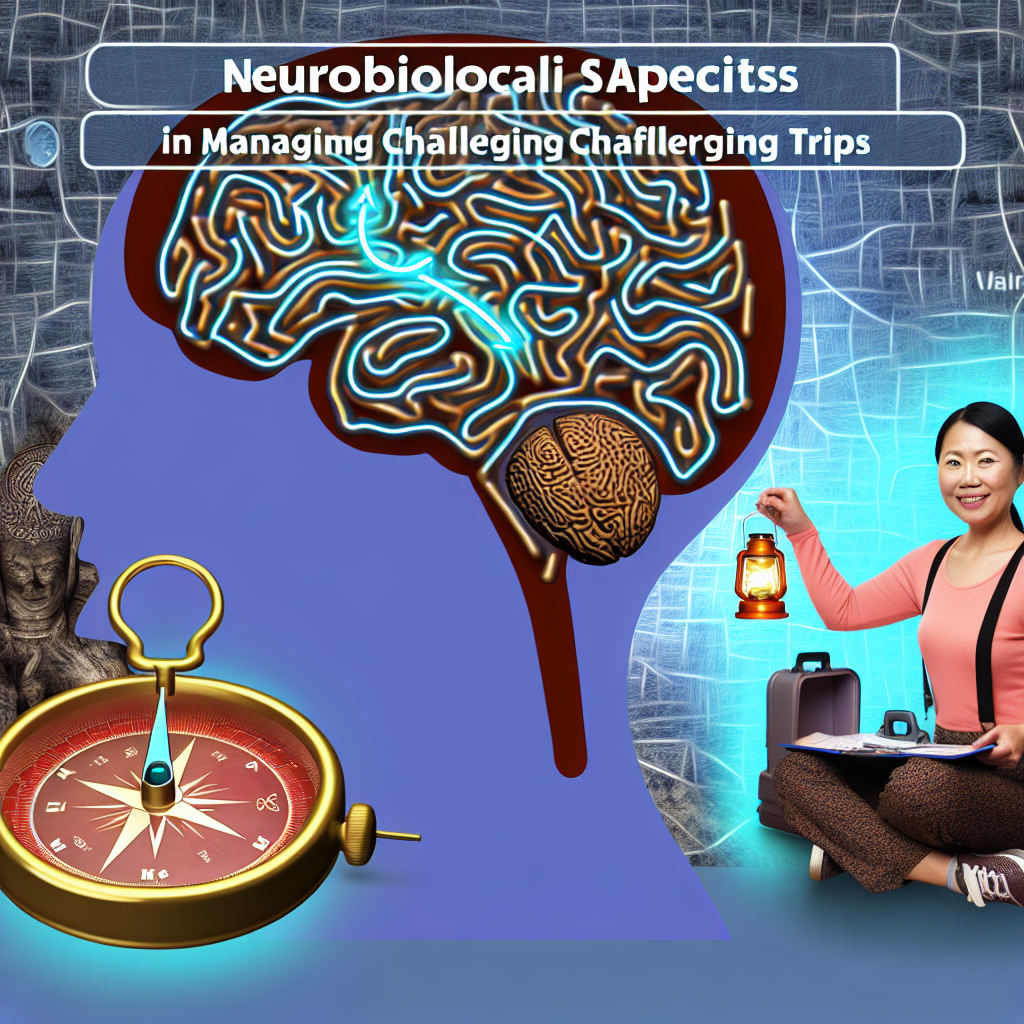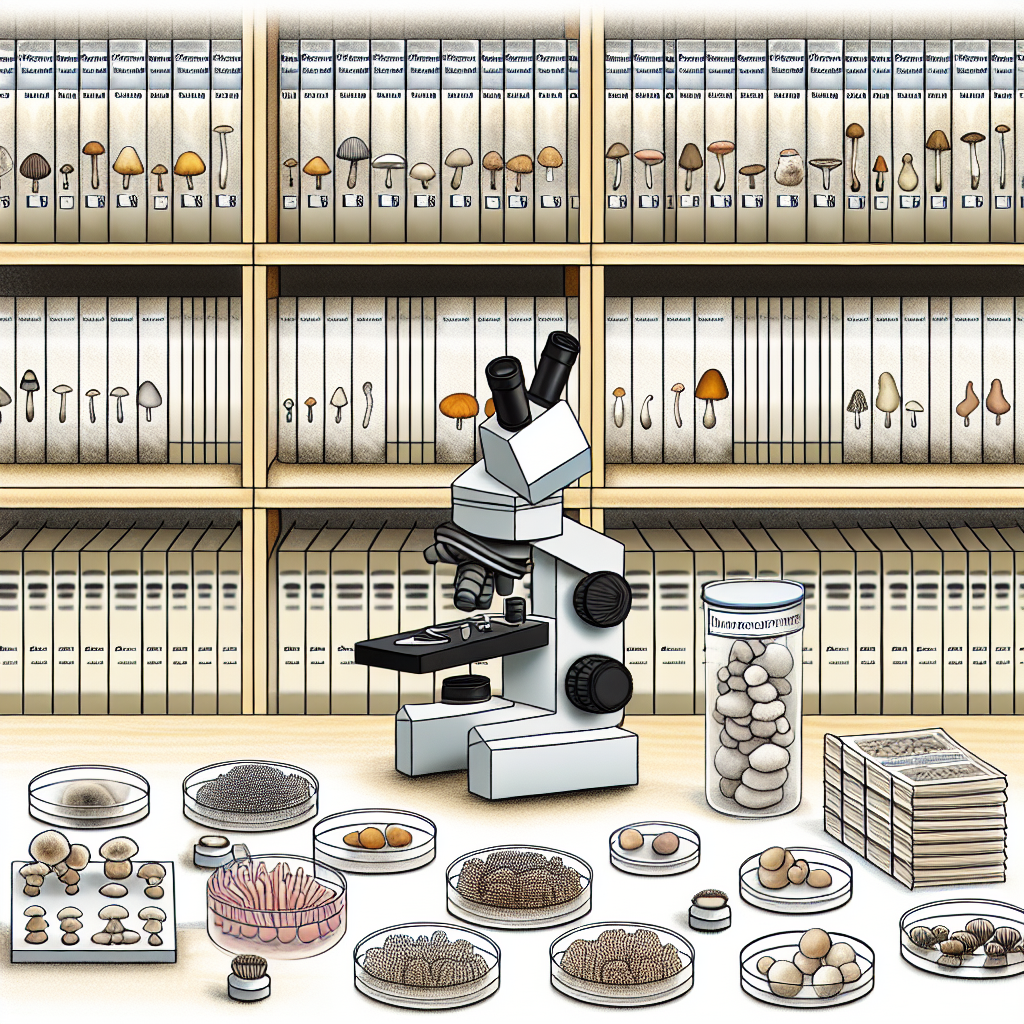Here is the blog article with the requested changes:
Psilocybin Therapy Access Programs: Navigating Compassionate Use Frameworks
The rapidly evolving field of psychedelic medicine has placed psilocybin — the psychoactive compound in “magic mushrooms” — at the forefront of groundbreaking psychiatric research and clinical interest. Once relegated to the fringes of scientific inquiry due to regulatory constraints, psilocybin is now emerging as a viable therapeutic candidate for treatment-resistant mental health conditions, such as major depressive disorder (MDD), post-traumatic stress disorder (PTSD), anxiety, and end-of-life distress in terminal illness.
As promising clinical data accumulates, a pressing ethical and medical question has emerged: How can patients with urgent, treatment-resistant conditions gain timely access to psilocybin therapy before federal drug approval is complete? This is where compassionate use — also known as Expanded Access Programs (EAPs) — comes into play, offering a lifeline of hope for patients without viable alternatives.
Breakthrough Studies That Paved the Way for Psilocybin Access
Several landmark studies now underpin the validity of psilocybin as a therapeutic tool and its suitability for expanded access. In 2016, researchers at Johns Hopkins University and New York University independently published results from clinical trials showing that a single dose of psilocybin significantly reduced depression and anxiety in patients with life-threatening cancer, with effects lasting up to six months. [Source]
More recently, a 2021 double-blind, randomized clinical trial published in the New England Journal of Medicine compared psilocybin with escitalopram (a conventional SSRI antidepressant) in patients with moderate-to-severe depression. The study found that psilocybin was at least as effective as the antidepressant, with a quicker onset and fewer side effects. [Source]
These results are not only remarkable but serve as a driving force behind calls for compassionate use programs, ensuring that those in immediate need are not excluded from potentially life-changing care.
Regulatory Advances in the U.S. and Canada: Legal Pathways for Healing
In the United States, the Food and Drug Administration (FDA) granted “Breakthrough Therapy” designation to psilocybin for the treatment of depression in both 2018 and 2019. This designation helps expedite the review process for drugs that may demonstrate substantial improvement over existing treatments. [Source]
For patients unable to wait for full FDA approval, the 2018 Right to Try Act offers a beacon of hope. The federal legislation allows terminally ill patients to access investigational therapies that have passed Phase I safety trials. While the law doesn’t specifically mention psilocybin, its provisions make legal experimental access under physician oversight feasible. [Source]
Across the border, Canada’s Health Ministry has made progressive moves via Section 56 exemptions under the Controlled Drugs and Substances Act. These exemptions initially allowed terminally ill patients to access psilocybin-assisted therapy, and now include individuals with severe treatment-resistant mental illness. In 2022, Health Canada reopened its Special Access Program (SAP) to accommodate such cases. [Source]
Pioneering Organizations Supporting Compassionate Use
Nonprofit advocacy and clinical organizations have played a crucial role in accelerating compassionate use frameworks. One example is TheraPsil in British Columbia, which helps eligible patients access psilocybin therapy under legal exemptions. Their models emphasize medical supervision, therapist integration, and harm-reduction strategies to maintain high ethical standards.
Additionally, research-focused institutions such as the Multidisciplinary Association for Psychedelic Studies (MAPS) and the Usona Institute are pushing forward Phase II and III clinical trials for psilocybin. By building robust scientific data and informing public policy debates, these groups are laying the foundation for a new, evidence-based approach to mental healthcare rooted in psychedelics.
The Future of Psychedelic Healthcare: Ethical and Equitable Access
As clinical evidence and real-world patient outcomes continue to strengthen the case for psilocybin therapy, more jurisdictions will likely consider inclusive, regulated access frameworks. These models will depend on collaboration between lawmakers, medical boards, and public health officials to ensure that access is both safe and equitable.
These pioneering access programs may serve as important precedents for other investigative psychedelic therapies, including MDMA-assisted psychotherapy and ayahuasca-based healing techniques. Psilocybin’s trajectory represents not only a potential revolution in psychiatric treatment but also a shift in societal values toward more compassionate, patient-centered care.
Conclusion: Compassionate Access Is a Humanitarian Opportunity
The resurgence of psilocybin therapy isn’t just a scientific revolution — it’s a humanitarian imperative. For those facing unbearable psychological or terminal conditions, compassionate access programs offer an essential, legal pathway to healing. As professional studies corroborate psilocybin’s safety and therapeutic benefit, navigating these frameworks becomes an act of responsibility, advocacy, and vision. With rigorous regulation and clinical support, psilocybin access programs may redefine the standard of care for some of the most difficult-to-treat illnesses of our time.
References
- Griffiths, R.R., et al. (2016). Psilocybin produces substantial and sustained decreases in depression and anxiety in patients with life-threatening cancer: A randomized double-blind trial. JAMA Psychiatry.
- Carhart-Harris, R.L., et al. (2021). Trial of psilocybin versus escitalopram for depression. New England Journal of Medicine.
- U.S. Food and Drug Administration. Breakthrough Therapy Designation.
- U.S. Congress. Right to Try Act.
- Health Canada. Special Access Program.
Summary:
The article explores the emerging field of psilocybin therapy and the compassionate use frameworks that allow patients with urgent, treatment-resistant conditions to access this promising investigational treatment before federal drug approval. It examines the breakthrough studies that have paved the way, the regulatory advances in the U.S. and Canada, the pioneering organizations supporting compassionate use, and the future of psychedelic healthcare. The article concludes by emphasizing the humanitarian opportunity presented by these compassionate access programs.

Dominic E. is a passionate filmmaker navigating the exciting intersection of art and science. By day, he delves into the complexities of the human body as a full-time medical writer, meticulously translating intricate medical concepts into accessible and engaging narratives. By night, he explores the boundless realm of cinematic storytelling, crafting narratives that evoke emotion and challenge perspectives. Film Student and Full-time Medical Writer for ContentVendor.com




